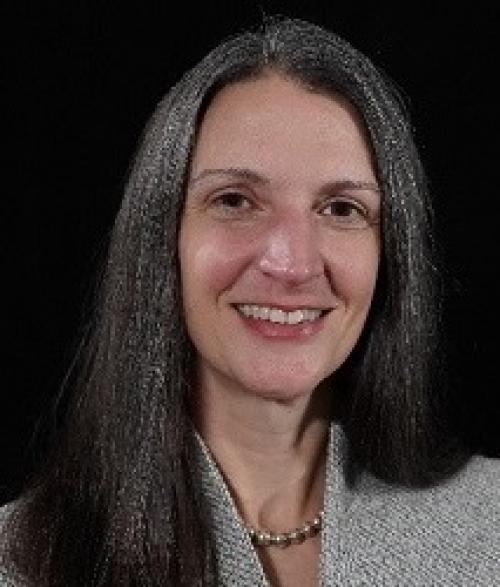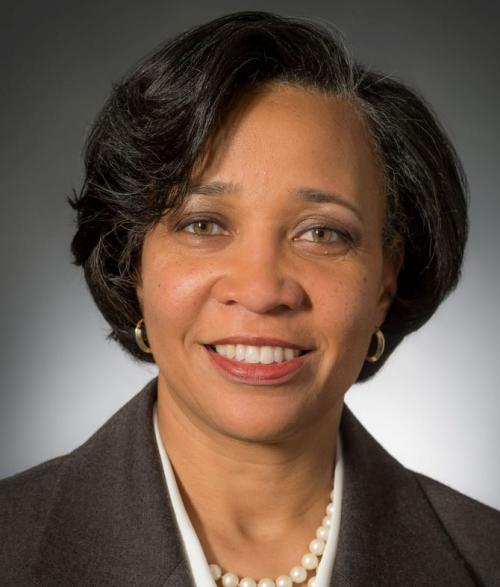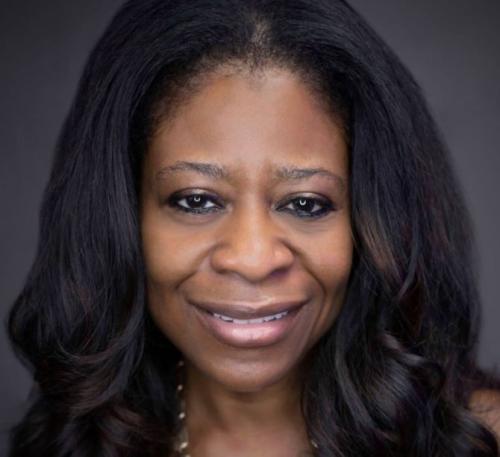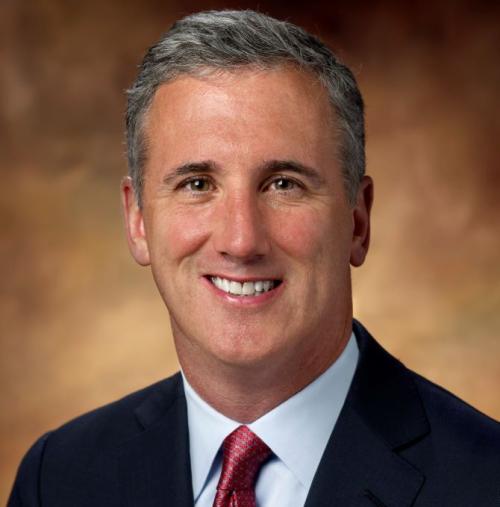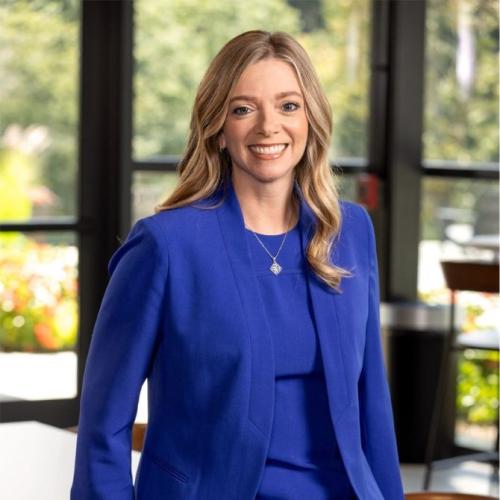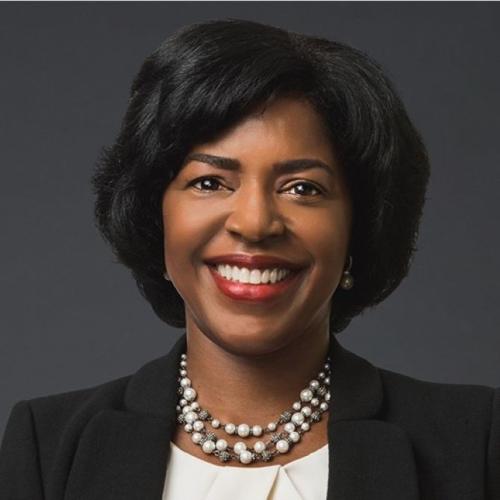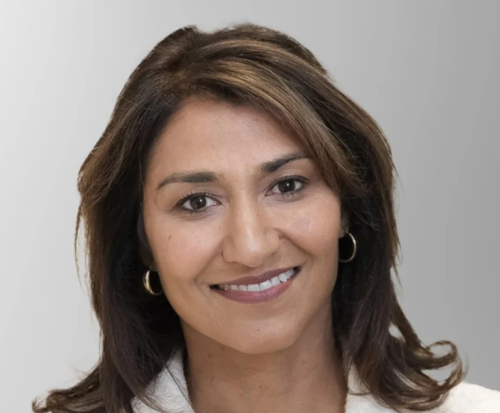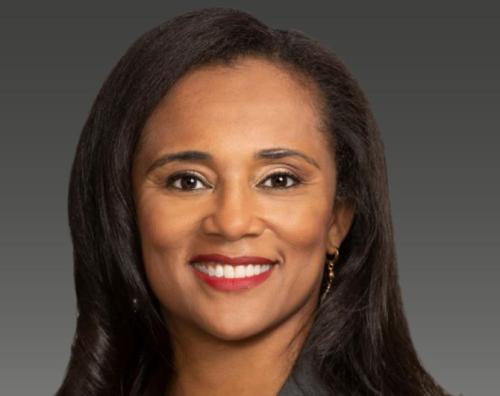Amundi, Europe’s largest asset manager, has named a successor to Cédric Laverie by appointing Stéphane Taillepied to serve as its new head of corporate engagement.
Laverie joined proxy advisory firm ISS as head of French research in December 2017 after six years as Amundi’s head of corporate governance.
A veteran at the fund house, Taillepied has been head of equity analysis since 2002. In his new role overseeing engagement and corporate governance policy, he will report to chief investment officer Pascal Blanqué. He speaks to Corporate Secretary sister publication IR Magazine about the firm’s approach to engagement and how his career path will influence his work in the new role.
Tell us about Amundi’s governance and engagement policies. Have they evolved recently?
The idea behind our team’s name change from corporate governance to corporate engagement is to promote dialog with companies while maintaining our usual voting at AGMs. We aim to institute a pre-AGM dialog – as we do with French firms and are starting to do more widely in Europe – in order to communicate any disagreements before the annual meeting to encourage firms to weigh the consequences of a potential negative vote from Amundi.
We’ll also explain post-AGM why we’ve voted against a resolution – knowing this happens in 15 percent to 20 percent of cases, which is relatively high.
The corporate engagement team discusses voting policies with a board representative, ensuring boards are doing their job as a counter-power to management. We have a separate team dealing with ESG issues at an executive level, so this is a different set up from BlackRock’s, for instance, which has a governance team doing both. Another thing we do differently is that our team members are not specialized by sector, but geographically.
We try to take a dynamic approach to engagement. For example, if we give our view on board composition at a Japanese company that does not meet our criteria for independent directors but is improving, we won’t vote against it. Engagement means we try to get companies moving in the right direction.
How will your former position as head of financial analysis be an asset for your new role?
Having been an analyst from 1987 to 2003, I’ve dealt with many companies and their senior management. One of the main roles of a board is to give guidance on strategy. In addition to the strategy angle, there’s the linking of executive compensation to long-term achievements, which are usually based on financial objectives. My background as an analyst allows me to determine which metric – turnover, Ebit or net income – is most relevant.
Analysts usually deal with IROs, CFOs or CEOs, while in governance we’ll speak to a board member. This gives me a complementary view to the one I had previously. Our role is to ensure there’s a good balance within the board – you’ll know a board works well when things go badly.
We speak with lead directors, or often with a board member dedicated to communications with investors, about AGM resolutions but also more and more about sustainability and responsibility issues. We’re consulted on how to best implement responsible decisions.
What are your tips for issuers to best engage with asset managers?
We initiated engagement four to five years ago, based on recommendations from the Association Française de la Gestion Financière about reinforcing dialog – call it stewardship or governance – with companies. France is quite advanced in terms of ESG, and French companies shouldn’t hesitate to ‘toot their own horn’ on this matter. We believe Amundi can help them increase their visibility.
We try to give concrete examples as far as transparency (notably compensation) is concerned from best-in-class companies, most of which are located in the Netherlands or Scandinavia. We aim to drive the companies we invest in toward these standards. This should in turn incite them to better communicate about these achievements.
We vote at about 2,500 AGMs yearly. With the integration of Pioneer Investments this will increase to more than 3,000, so we want to set up a unified voting system, centralized at our headquarters. This is not a given, however, as certain regulators such as Germany’s or Austria’s require voting to be done locally.

